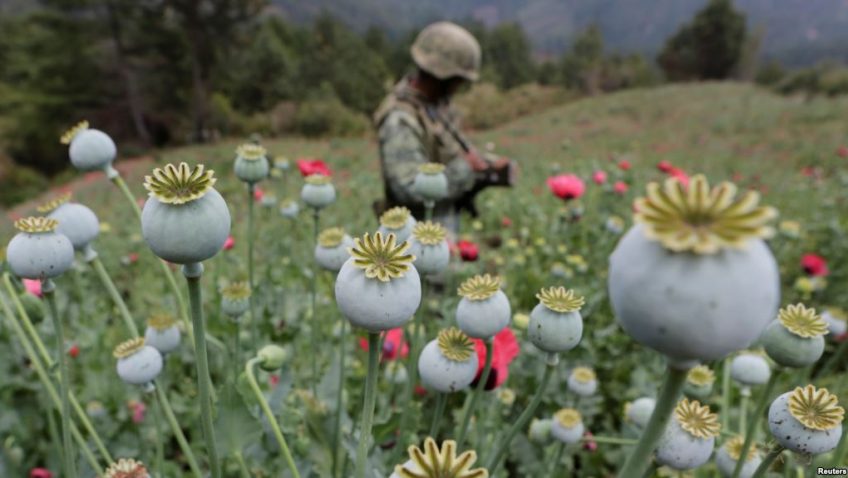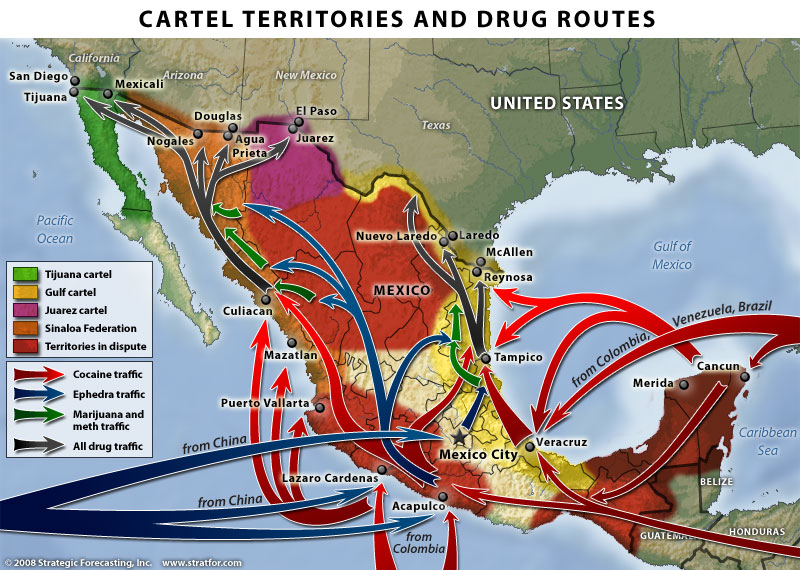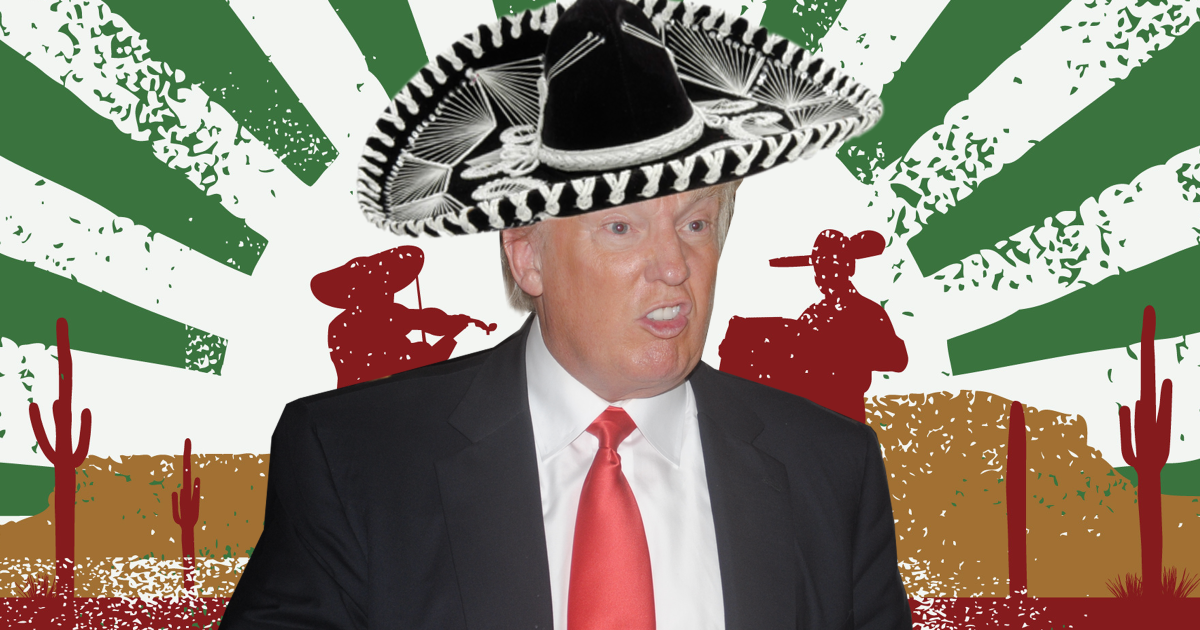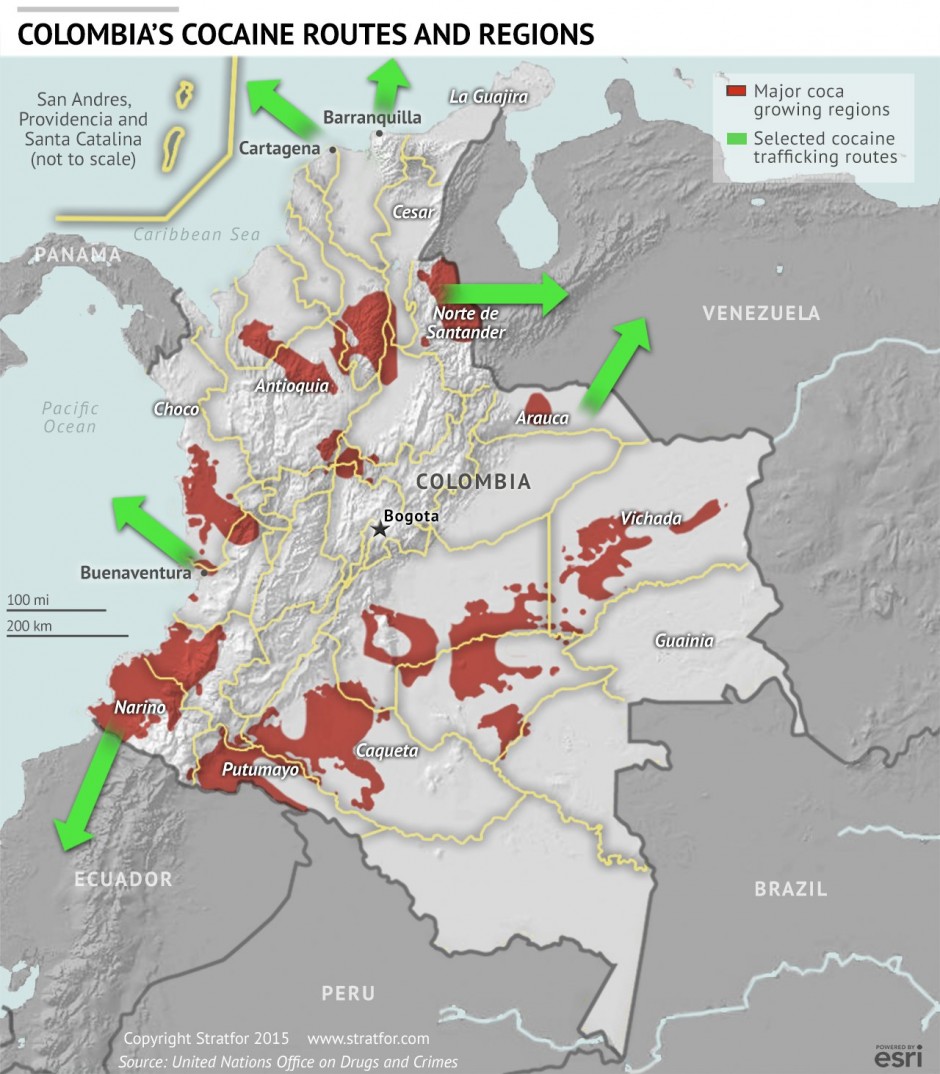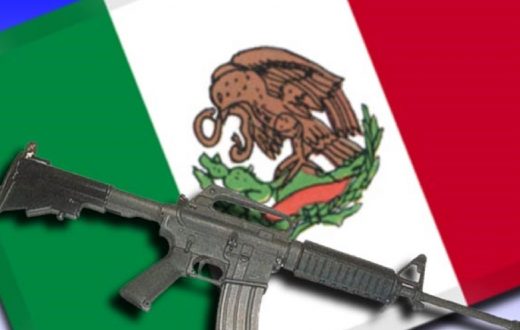In the last week of November 2018, the UNODC in collaboration with the Mexican government launched Mexico’s first opium poppy cultivation survey covering the periods of 2015-2016 and 2016-2017. The survey reflected an increase in the number of tones produced equivalent to 21% compared to previous studies carried out by the national authorities. Poppy production is not new to the country. Indeed, the plant was introduced in the late XIX century as a result of high demand of morphine from the United States due to the ongoing Civil War, as well as the arrival of Chinese workers in the continent to help in the construction of railways in the Northeast of Mexico. One specy of poppy, Papaver somniferum, is the source of the crude drug opium
Despite having large harvests, poppy cultivation remains an illegal activity controlled by drug cartels. Currently, Mexico is the third producer in the world behind Afghanistan and Myanmar. The two main production regions consist of the Golden Triangle (composed by the States of Chihuahua, Durango and Sinaloa) and the Sierra Madre Occidental (compound by the States of Guerrero, Michoacán and Oaxaca). Because of the illicit nature of these activities, several government officials have considered as a viable option the legalization of poppy production under state supervision. Surely this could be beneficial for local inhabitants, as a result of high demand for poppy pharmaceutical products better known as opioids. Yet, this might trigger another violence wave since cartels would be losing an important source of income. The number of civilian causalities in the Aztec nation related to the war on drugs has left a higher death rates than the wars in Iraq or Syria.
The strategy proposed by the new government aims to support poppy legalization, however this topic prevails as a debatable and many questions from experts in the field continue to be unanswered. Will other nations and organizations support or downturn this approach? Will the government be able to control this type of plantations even though there is a clear lack of rule of law in the producing states? Is this strategy complying or contradicting the war on drugs? The results of using a legalization scheme are still to be seen, notwithstanding it will take time to be able to contemplate them. Anyhow, they can either bestow exceptional outcomes or worsen the current security situation.

